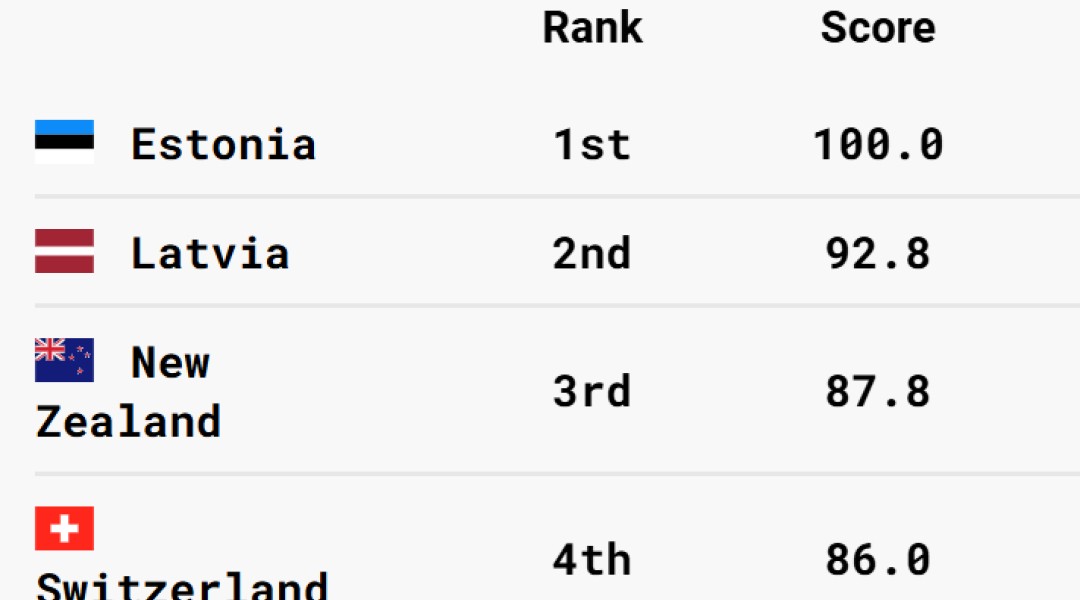BAKU, Azerbaijan, October 22. The U.S.-based think tank Tax Foundation has once again ranked Estonia’s tax system as the most competitive among OECD countries, marking the 12th consecutive year the country has held the top position, Trend reports.
“Tax policy is one of the few areas where a country can directly shape its competitiveness, while external factors play only a secondary role. We can be proud that we’ve been on the right path and that international experts have recognized our efforts,” said Minister of Finance Jürgen Ligi.
According to the Tax Foundation’s latest International Tax Competitiveness Index, Estonia’s strengths lie in its 20 percent corporate income tax applied only to distributed profits and its 20 percent flat personal income tax, which does not apply to dividend income. The report also commends Estonia’s broad value-added tax (VAT) base and its land value tax system, which replaces a traditional property tax.
To maintain its competitive edge, Estonia has restored the basic income tax exemption and reversed the personal income tax rate increase planned for next year, Ligi noted.
However, the report highlights room for improvement in the area of bilateral tax treaties. Estonia currently has 63 such agreements, compared with an OECD average of 76.
Among regional peers, Latvia ranked second, Lithuania fifth, and Finland 24th.
The Tax Foundation’s index evaluates two key aspects of tax policy — competitiveness and neutrality — using more than 40 different indicators. A competitive and neutral tax system, the foundation notes, encourages economic growth and investment while ensuring adequate public revenue.







